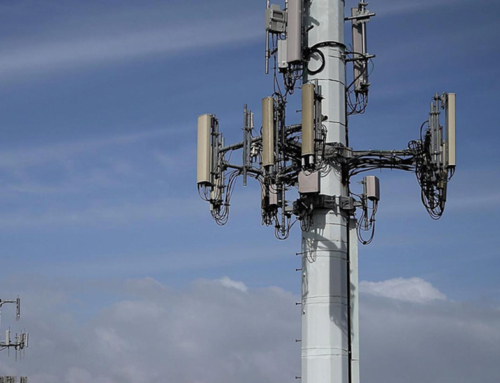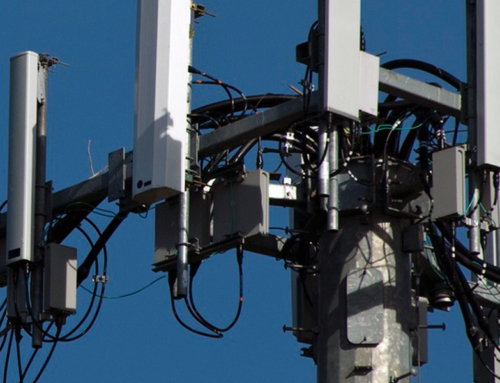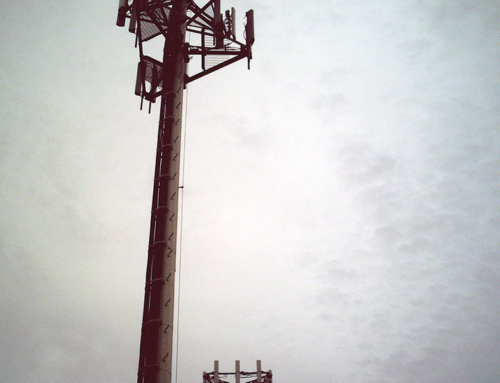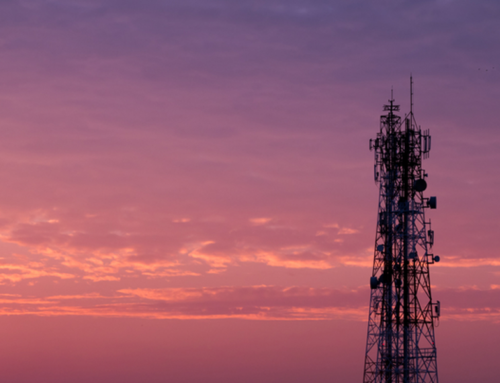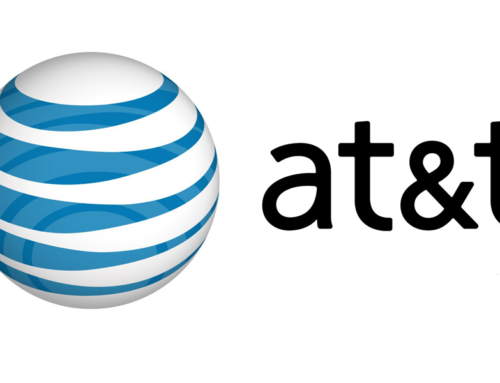Wireless tower company Crown Castle International announced on November 1, 2016 that it would be making yet another fiber acquisition. The Houston company will pay $1.5 billion for FiberNet Holdings, plus other assets from NextEra Energy. By acquiring FiberNet, Crown Castle gains access to approximately 11,500 route miles of fiber installed and under construction in Florida and Texas.
This purchase is one of three fiber deals made by Crown Castle in recent years to improve its fiber network standing in order to better respond to the escalating small cell backhaul trend.
It follows last year’s procurement of Sunesys, which awarded Crown Castle 10,000 fiber route miles in major metro markets across the United States, including Atlanta, Chicago, Los Angeles, Philadelphia, Silicon Valley, and northern New Jersey. In 2014, Crown Castle purchased 24/7 Mid-Atlantic, which provided 800 route miles of fiber infrastructure across Delaware, northern Virginia, and Maryland.
Once the deal with FiberNet closes, which is projected for the first half of 2017, Crown Castle will own or have indefeasible rights of use to roughly 28,500 route miles of fiber.
CEO of Crown Castle Jay Brown said in a release that given the “long runway of expected growth ahead for small cells, we believe our investment in FiberNet further strengthens our leading position in small cells and will enhance our long-term dividend growth.”
Crown Castle has voiced to investors that it represents 50% of the small cell market, emphasizing that small cells may very well end up producing as much revenue for the company as its primary business – owning and operating cell towers.
What are small cells?
Small cells are densely packed sensors and nodes that augment wireless network coverage in areas where coverage by conventional wireless towers is inadequate. To assist in delivering the quality, reliability, and capacity that users demand, wireless carriers are using small cells to strategically enhance localized capacity in high-traffic areas as well as to extend coverage in hard-to-reach locations.
How does network improvement involving small cell technology affect landowners with cell tower leases?
Small cell technology is increasingly being integrated into the broader network, and companies like Crown Castle, Verizon, and AT&T are clearly focusing more significant capital expenditures in this area – as is evidenced by this recent FiberNet acquisition.
If you are currently a cell tower lease holder, it’s not immediately clear how these developments will affect your existing arrangement. While small cells are useful additions to a network strategy, they aren’t the end-all-be-all network coverage solution. Towers are unlikely to be phased out any time soon – as a technology, that is.
The risk of cell site decommissioning is still present, so your lease might be in peril. If you are risk-averse and are considering selling your cell site lease to a third-party buyout company to collect a large lump sum of cash, the best thing you can do is to get advice from an expert prior to entering any sort of agreement. By seeking knowledge from an industry professional, you can assure that you’ll get the most favorable deal possible while also protecting your property.
Cell site leaseholders and investors seek out The Filo Group to get expert advice and representation on matters related to new and existing wireless leases, buyouts, extensions, valuations, and more. Why? Because the level of professionalism, knowledge, and experience provided by The Filo Group is unmatched. Contact us today to discuss your specific scenario and find out how we can be of service.




